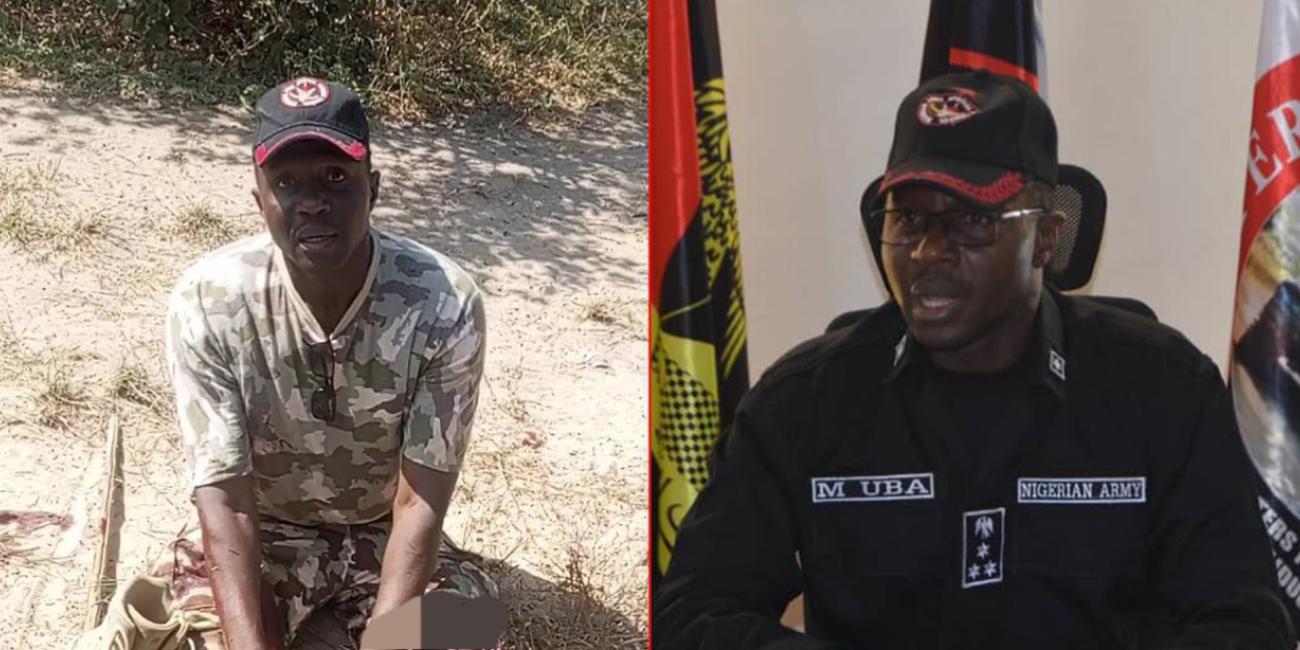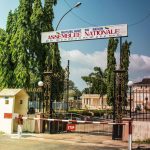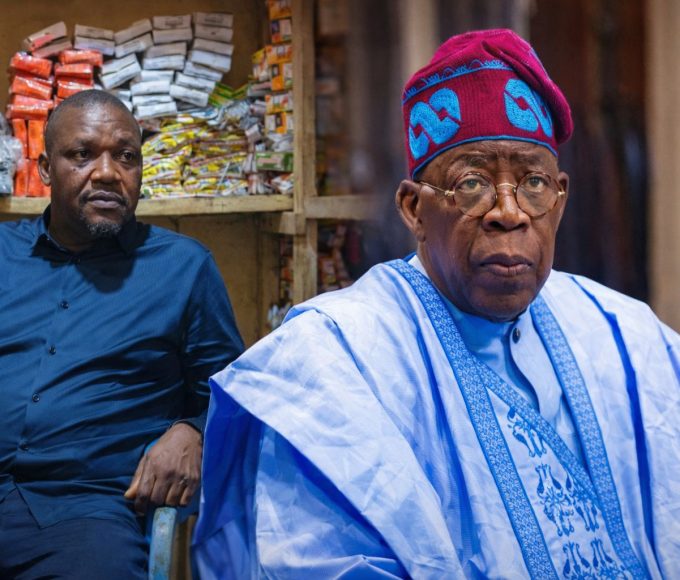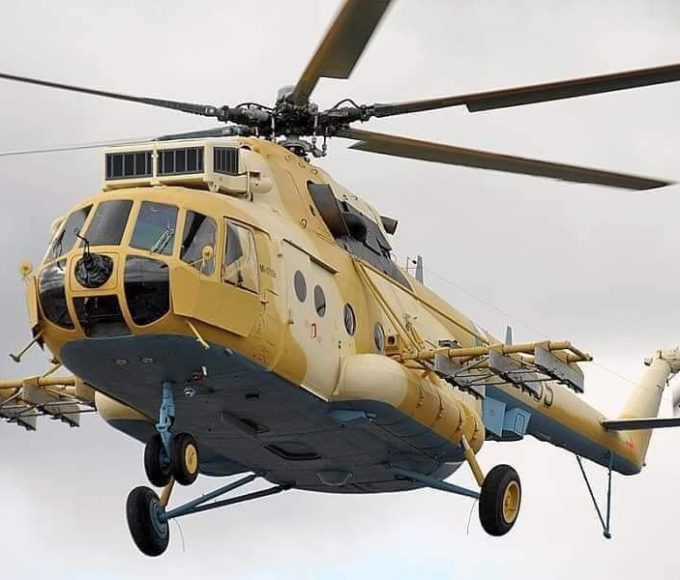
Nigeria’s military is pushing back against claims by the Islamic State West Africa Province that it captured and executed a senior army officer during recent clashes in the northeast, insisting that the circulating video and statements from the militant group are fabrications intended to spread fear.
ISWAP released footage over the weekend showing what it said was Brigadier General Idris Bello Zuru kneeling beside armed fighters before his execution. The group claimed he was taken during heavy fighting in the Lake Chad region, a zone long marked by ambushes and shifting control between the insurgents and the military. The footage triggered shock across social media and raised questions about the state of Nigeria’s battle against extremist groups in the area.
The army quickly rejected the claim. In a statement from the Defence Headquarters, officials described the video as staged propaganda designed to weaken public confidence and demoralise troops engaged in counterterrorism operations. According to the military, the general was not captured, nor was he with any unit deployed in the location where ISWAP claims the incident occurred. Senior commanders urged the public to disregard the footage and avoid amplifying material produced by extremist organisations.
Despite the denial, the episode has intensified concerns about the ongoing conflict in the northeast, where ISWAP and remnants of Boko Haram continue to wage a persistent insurgency. The vast terrain, spanning parts of Borno, Yobe, and the Lake Chad Basin, remains one of the most challenging operational zones for Nigerian forces. Attacks on bases, ambushes on patrols, and kidnappings of both civilians and soldiers have continued despite claims of progress in recent years.
ISWAP, an offshoot of Boko Haram with a stronger organisational structure and better weaponry, has proved exceptionally resilient. The group frequently uses digital propaganda to present itself as more powerful than it is, releasing videos after attacks or clashes, often timed to coincide with political or military developments. Security analysts say some of the footage is intended less to document events and more to shape perception, unsettle the public and create an aura of invincibility.
The reported incident comes at a sensitive moment for Nigeria’s military leadership, which has been under pressure to manage multiple security crises simultaneously. While fighting in the northeast continues, armed groups in the northwest and north-central regions have carried out kidnappings, raids and attacks that stretch the country’s security apparatus thin. The claim of a general’s capture, even if false, adds another layer of uncertainty to an already complex national security landscape.
For families of soldiers deployed in the region, the video revived old anxieties about the dangers faced by troops battling insurgents in remote terrain. For the military, it became another reminder that the information war is now as critical as the battle on the ground. In a conflict where rumours and propaganda can have real consequences, the fight for truth is becoming as fierce as the fight for territory.
As the army continues operations in the northeast, the question remains whether the denial will put the controversy to rest or whether the claim will linger in public consciousness. What is clear is that the insurgency remains far from defeated and that the militants, whether through violence or digital manipulation, continue to find ways to insert themselves into the national conversation.
READ MORE: Kebbi School Abductions Spark Outrage as Government Faces Accusations of Silence
About The Author
Related Articles
The AFCON Final in Morocco and the Controversies That Followed
The Africa Cup of Nations final between hosts Morocco and Senegal ended...
ByWest Africa WeeklyJanuary 20, 2026Tinubu Government Claims Intelligence Cooperation With the US, Yet New York Times Publishes Conflicting Story Following $9 Million US Lobbying Effort
When the New York Times published its investigation suggesting that claims from...
ByWest Africa WeeklyJanuary 19, 2026Mali’s Transition Leader Attends Swearing-In of Guinea’s President Mamadi Doumbouya
Mali’s President of the Transition, General Assimi Goïta, represented the country in...
ByWest Africa WeeklyJanuary 19, 2026Malian Army Conducts Successful Surveillance Operation in Mopti Region
The Malian Armed Forces have carried out a successful territorial surveillance operation...
ByWest Africa WeeklyJanuary 19, 2026













Leave a comment